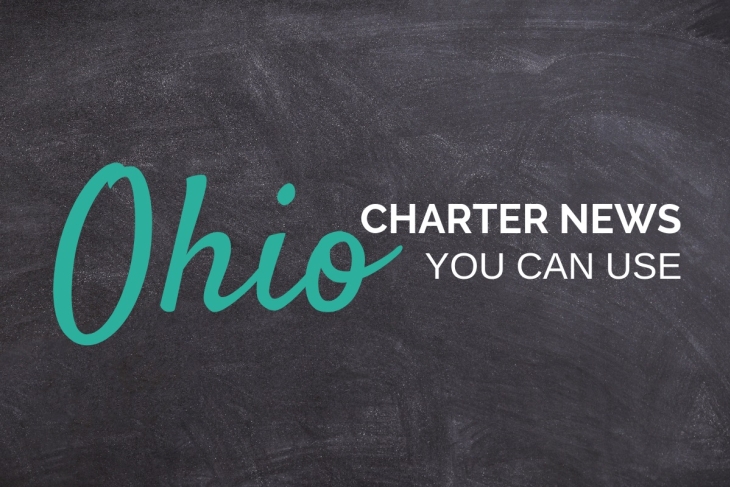Let’s take it from the top
The first of what will probably be several stories to come out of the National Charter Schools Conference held this week in Las Vegas focuses on the “obscure educator” credited with creating the idea of charter schools. Ray Budde, an English teacher and professor of education at U Mass, expounded on the notion of schools which operated outside of their districts in a paper first published in 1974. It would be more than 15 years before the first charter school law was passed in the United States, but the groundwork laid by Budde was an important start.
But what about 2019?
Bloomberg News took a look at the state of play in the charter sector right now, with a quick analysis of political, critical, and quality spheres. Seems pretty fair in acknowledging legitimate pluses and minuses, but it would be worth asking whether a similar piece on traditional public schools would give equal time to critics.
An opportunity for charter schools to benefit from federal economic development funding
The numbers are staggering: More than 8,700 newly created Opportunity Zones across the country can split up to $6 trillion in federal tax incentives in order to “jumpstart economic development in distressed communities”. For charter and private schools, along with traditional districts, in these designated zones, the Qualified Opportunity Fund program can be used for building improvements. You can check out an overview of the education aspects of Opportunity Zones here in Education Next, and you can find more Ohio-specific information here (including a map of eligible Opportunity Zones).
Calling all Ohio teens!
The timing may not be the best here in the depth of the summer, but a great opportunity is a great opportunity. Ohio Attorney General Dave Yost has extended the deadline for high school juniors and seniors to apply to join his Teen Ambassador Board. The board advises the AG’s office on issues important to teens and the work can help those young people gain an insight into possible careers in public service. It is open to charter, district, and private schoolers and the new deadline is July 22.
Legislative update – no news is no news
ICYMI, the state legislature missed the June 30 deadline to complete work on Ohio’s next biennial budget. A continuing resolution passed by both chambers and signed by the governor extended the current budget for 17 days and work is expected to resume soon to resolve any remaining differences early next week.



